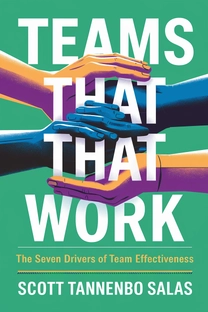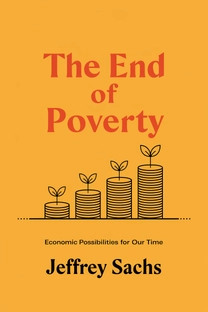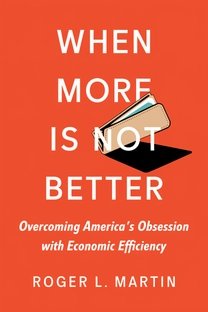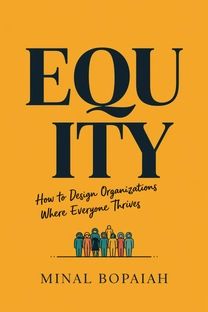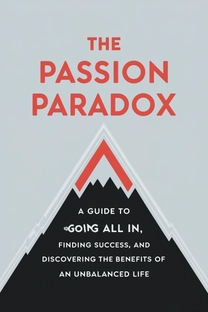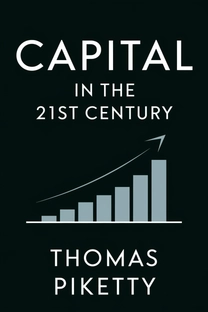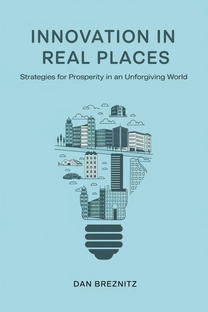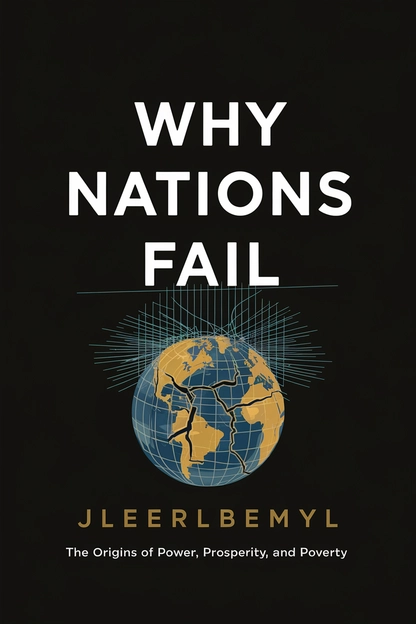
Why Nations Fail
The Origins of Power, Prosperity, and Poverty
by Daron Acemoglu, James A. Robinson
Brief overview
This book reveals why some nations become wealthy while others remain trapped in poverty. It takes you through pivotal historical events and current realities to show that the health of a country’s economy depends on the inclusivity of its institutions. By exploring real-world examples, it highlights how and why enduring prosperity requires more than just good policy—it demands a balance of power that benefits the many.
Introduction
Welcome! In these pages, we’ll explore one of the world’s most pressing puzzles: why do some countries enjoy vast wealth while others struggle to provide the basics of life? From the outside, you might see culture, geography, and even random luck as factors—but we’ll discover that the real driver revolves around inclusive or extractive institutions.
We’ll begin with familiar examples: neighboring towns on different sides of a border, or regions separated by ideology. Often, the people living in these areas share language or tradition. Yet, they experience huge differences in their standard of living.
These contrasts show that how power is distributed and how economies are regulated matter more than climate or cultural traits. Once you see institutions as the key to growth, the stories of world inequality start to look more understandable.
In this introduction, we’ll set the stage for the deeper analyses to come. You’ll find out why only certain nations manage to break patterns of poverty and what sparks the chain reactions that lead to greater success.
The Real Root of Wealth
Too often, we try to explain global prosperity with geography or culture alone. Arid deserts, tropical diseases, or personal beliefs have all been offered as reasons for lagging development. Yet examples like North and South Korea, once culturally identical but now economically worlds apart, show these familiar explanations are incomplete.
A thriving economy depends on whether organizations—governments, courts, enterprises—guard people’s property rights and let individuals profit from their ideas. When small elites hoard power, few are incentivized to innovate or invest.
In short, if a person can’t keep the fruits of their labor or discoveries, they have little reason to push forward. Societies that fail to create these supportive conditions end up stifling growth and creativity.
What is Why Nations Fail about?
Why Nations Fail: The Origins of Power, Prosperity, and Poverty by Daron Acemoglu and James A. Robinson delves into the intricate dynamics that determine why some nations thrive economically while others remain in the grips of poverty. The authors argue persuasively that the wealth and health of an economy rely predominantly on its institutions rather than its cultural or geographic factors. By dissecting pivotal historical events and providing compelling real-world examples, this book illuminates the pathways that lead to enduring prosperity. It sets forth that beyond sound policy, inclusive institutions that benefit the broader society are crucial for sustainable development.
The narrative unfolds through the lens of critical junctures and institutional differences, providing a blueprint of how balanced power dynamics foster economic growth. It makes a strong case for the role of political inclusivity and centralization in safeguarding economic participation. In a world marked by stark contrasts in living standards, Why Nations Fail shines a spotlight on how power structures and institutional choices shape prosperous or failing economies. Overall, this book is a vital read for understanding the foundational elements that drive national success.
Review of Why Nations Fail
At the heart of Why Nations Fail lies a discernible strength: its ability to break down complex economic concepts into digestible insights. The book's unique aspect stems from its historical lens combined with economic analysis, providing readers with 'aha' moments as it traces the origins of nations' economic fortunes. Acemoglu and Robinson's work is particularly relevant today as it outlines practical applications such as creating inclusive political systems and establishing property rights that ensure fair economic participation.
In terms of writing style, the authors manage to remain accessible without oversimplifying, striking a balance that ensures that both scholars and general readers are engaged. Their use of historical case studies — like the differing fates of Nogales or the transformative events in England — vividly illustrates the book's core thesis, providing clear takeaways for policy-makers and academics alike.
The profound relevance of this book extends to not only economists but also leaders and governance enthusiasts, making it invaluable for anyone interested in developmental studies. With well-documented evidence and compelling arguments, Why Nations Fail comes highly recommended. It encourages readers to rethink economic failures and success stories through the prism of institutional design and governance choices, offering a solid foundation for those eager to implement inclusive policies in their nations.
Who should read Why Nations Fail?
- **Economists and Policy Makers:** Those involved in shaping economic policies will find this book's insights crucial for understanding and fostering inclusive economic practices.
- **Historians and Political Scientists:** The book provides a historical perspective that challenges traditional theories, making it invaluable for professionals seeking deeper institutional analysis.
- **Development Practitioners:** Individuals working in international development will gain fresh perspectives on addressing global poverty by creating sustainable growth frameworks.
- **Students of Economics and Political Science:** This book is a must-read for students aiming to grasp the interplay between politics and economic growth beyond mere academic theories.
- **Leaders and Administrative Officials:** Those involved in governance and public administration will find actionable insights on fostering policies that benefit broader societal groups.
About the author
Book summaries like Why Nations Fail
Why readers love Mindleap
10-Minute Book Insights
Get the core ideas from the world's best books in just 10 minutes of reading or listening.
Curated For You
Discover your next favorite book with personalized recommendations based on your interests.
AI Book ExpertNew
Chat with our AI to help find the best book for you and your goals.
Reviews of MindLeap
Love how I can get the key ideas from books in just 15 minutes! Perfect for my busy schedule and helps me decide which books to read in full.
Alex R.
The summaries are incredibly well-written and the audio feature is perfect for my commute. Such a time-saver!
Jessica M.
Great app for personal growth. The insights are clear and actionable, and I love how they capture the essence of each book.
Chris P.
The app is beautifully designed and the summaries are top-notch. Definitely worth every penny!
Sarah K.


